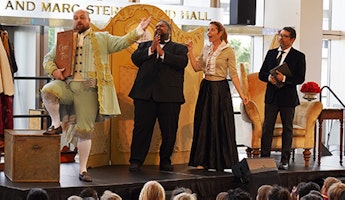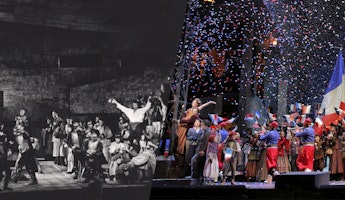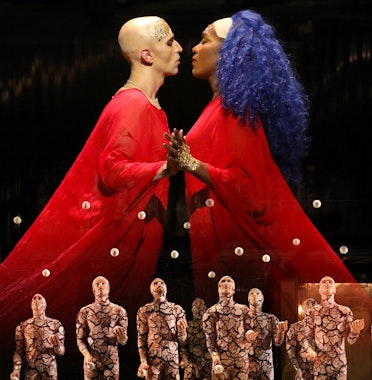Blog
February 19, 2025
The Incredible Comeback of "Così fan tutte"
For over 200 years, Mozart’s Così fan tutte has been making audiences laugh in opera houses around the world. With its mix of romance, mistaken identities and clever trickery, it’s no surprise that this opera has stood the test of time. The story follows two young men, Ferrando and Guglielmo, who make a bet with the mischievous Don Alfonso to test their fiancées' faithfulness. What follows is a whirlwind of disguises, mixed-up emotions, and hilarious surprises.
Beyond the comedy, Così fan tutte is also a major milestone in opera history. It was Mozart’s third and final collaboration with librettist Lorenzo Da Ponte, after The Marriage of Figaro and Don Giovanni. Their work together pushed opera in bold new directions, making Così fan tutte a favorite among opera lovers to this day. As writer Ken White put it in his Popehat blog:
“Da Ponte threw together a cross between a morality play, a farce, and a disguise comedy quickly, and Mozart scored it with immortal music with astonishing speed.”
However, it did not start off as a hit and could’ve easily become known as one of Mozart’s biggest flops. With Così returning to our stage this March, let’s take a look at how it went from a nearly forgotten masterpiece to one of opera’s most loved comedies.
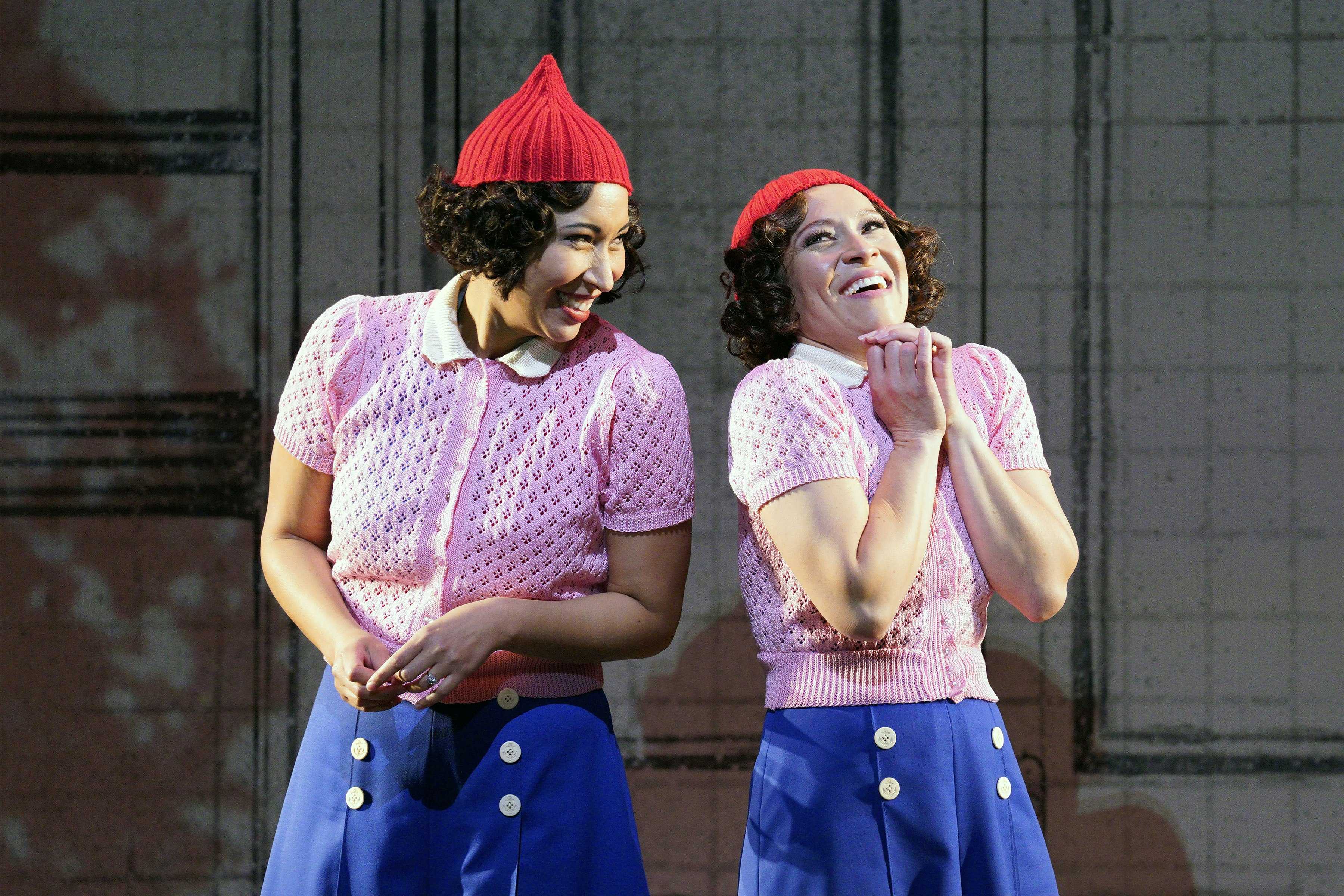
A Playful Twist on Love and Loyalty
The opera’s title translates loosely to “So do they all” or “Women are like that”—setting up its playful take on relationships and trust. Mozart and Da Ponte took the typical opera love story and flipped it on its head, turning a serious topic like infidelity into a witty adventure.
Interestingly, the opera’s story was originally offered to composer Antonio Salieri (Mozart’s supposed rival, if you believe Amadeus), but when Salieri passed on it, Mozart jumped at the chance. Mozart and Da Ponte left behind little notes in their manuscripts that showed the opera was put together very quickly. It’s also believed that Mozart was struggling financially at the time and saw Così fan tutte as his next big hit.
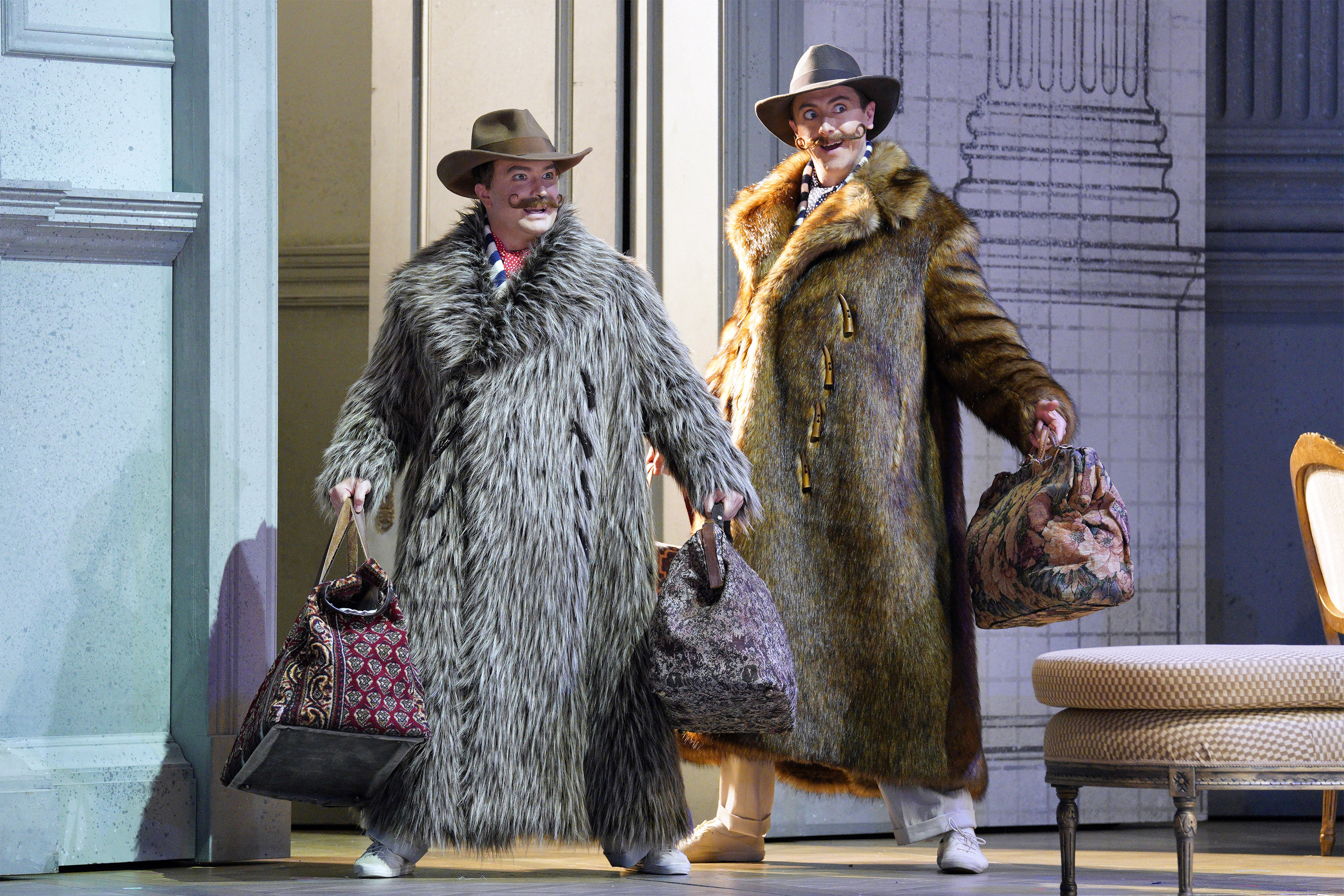
A Rocky Start
The opera premiered on January 26, 1790, at Vienna’s Burgtheater—the same venue where The Marriage of Figaro premiered. Here’s a fun behind-the-scenes fact: Mozart wrote the role of Fiordiligi for Da Ponte’s mistress, Adriana Ferrarese del Bene. But he wasn’t exactly her biggest fan. He noticed that she dropped her chin on low notes and threw her head back on high notes, so he filled her big aria “Come scoglio” (“Like a rock”) with dramatic jumps between octaves—basically forcing her head to “bob like a chicken” on stage.
Despite its charm, Così fan tutte had a rough start. After just five performances, Emperor Joseph II passed away, and theaters shut down for a long period of public mourning. The opera only had a few more performances before disappearing from the stage for decades.
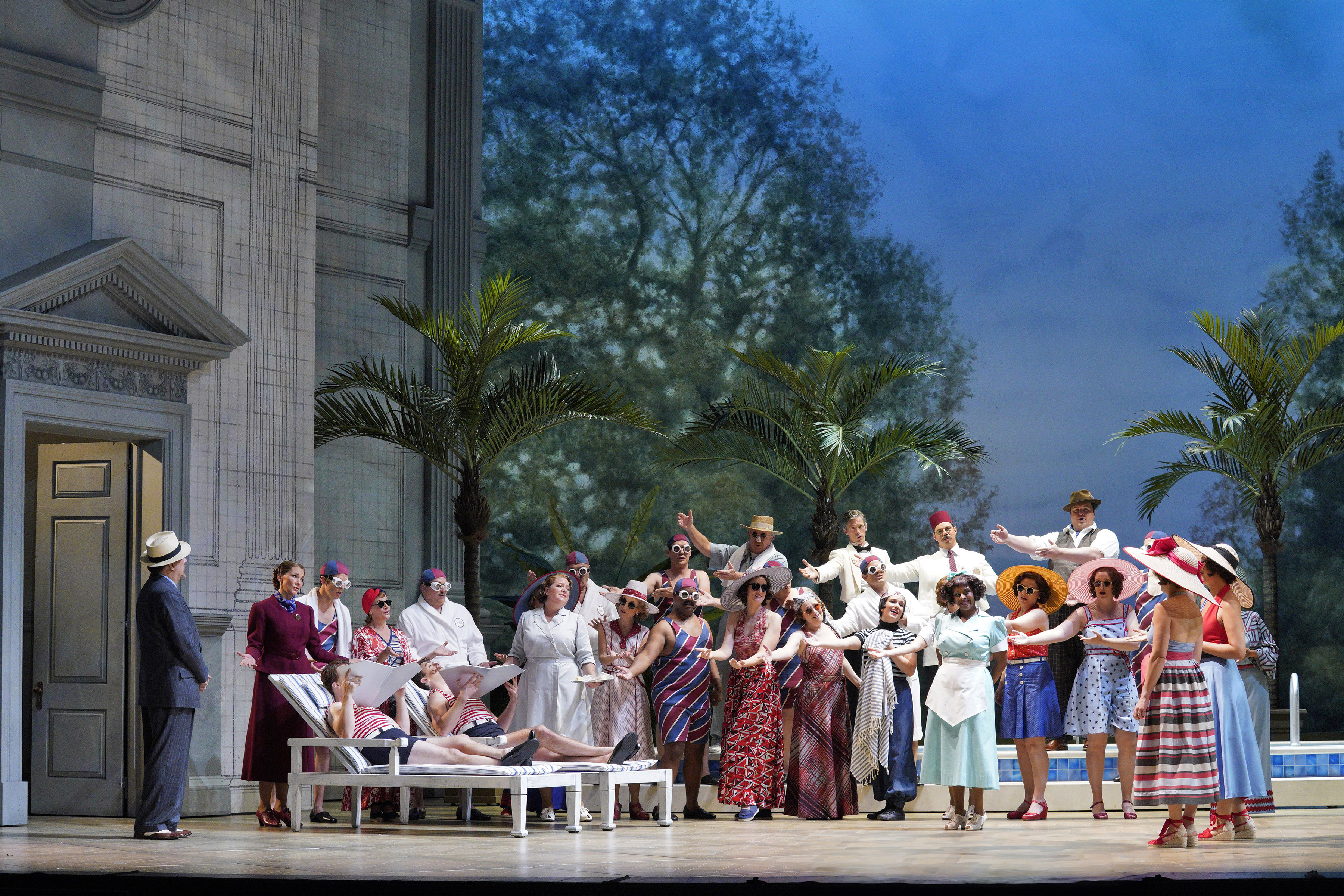
A Comeback Story
In the 19th century, Così fan tutte was considered a little too scandalous—many found its plot morally questionable, and some thought it was too lighthearted for serious opera fans. When it was performed, directors often rewrote the script to tone down its more controversial themes.
But sensibilities and conventions change over time, and when the Metropolitan Opera revived Così fan tutte in 1922, audiences started seeing it in a new light. Today, it’s considered one of Mozart’s greatest works—celebrated for its ensemble style, where all six main characters share the spotlight with beautifully layered duets, trios, quartets, and even sextets.
Beyond the laughs, Così fan tutte has a deeper message. At the time it was written, society was obsessed with the Enlightenment ideals of logic, reason, and perfect relationships. But Mozart and Da Ponte saw things differently—they embraced the messiness of love and human nature, showing that people are unpredictable, emotions aren’t always rational, and even the best-laid plans can sometimes go sideways.
Now, more than 200 years later, Così fan tutte still feels fresh, funny, and oh-so-relatable. Whether you're an opera expert or a first-time visitor, this brilliant, witty, and heartfelt opera is sure to leave you smiling.






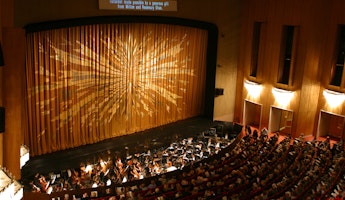

/03-cosi/_dsc0996_pr.jpg?format=auto&fit=crop&w=345&h=200&auto=format)
